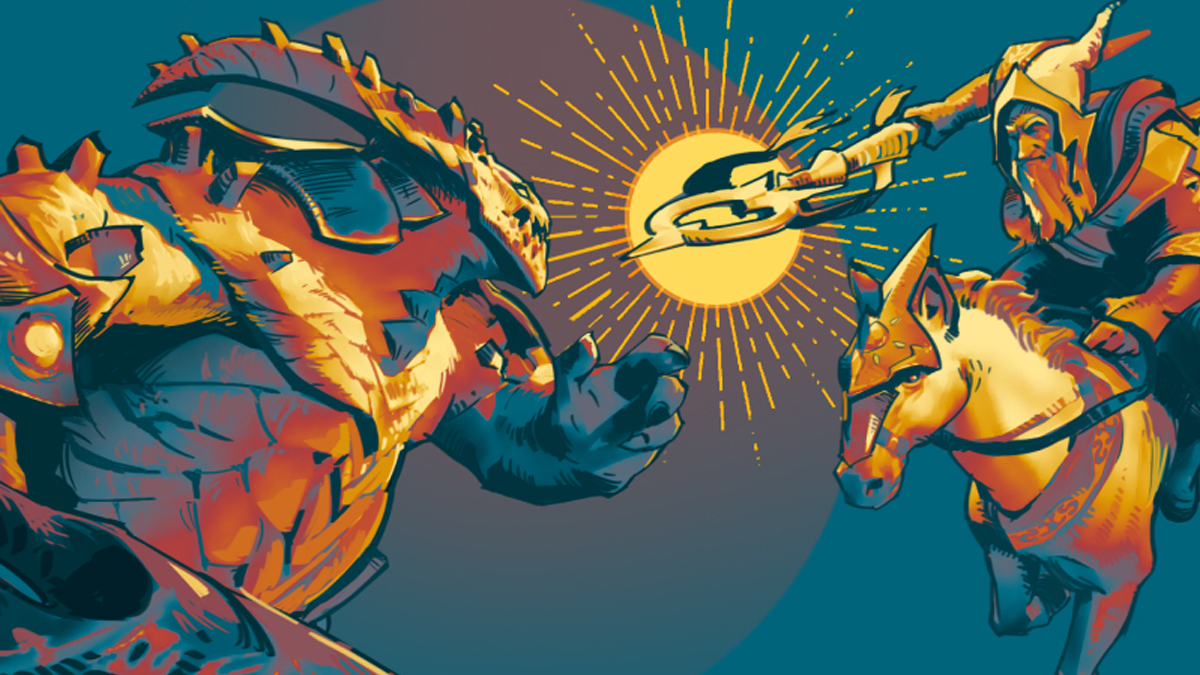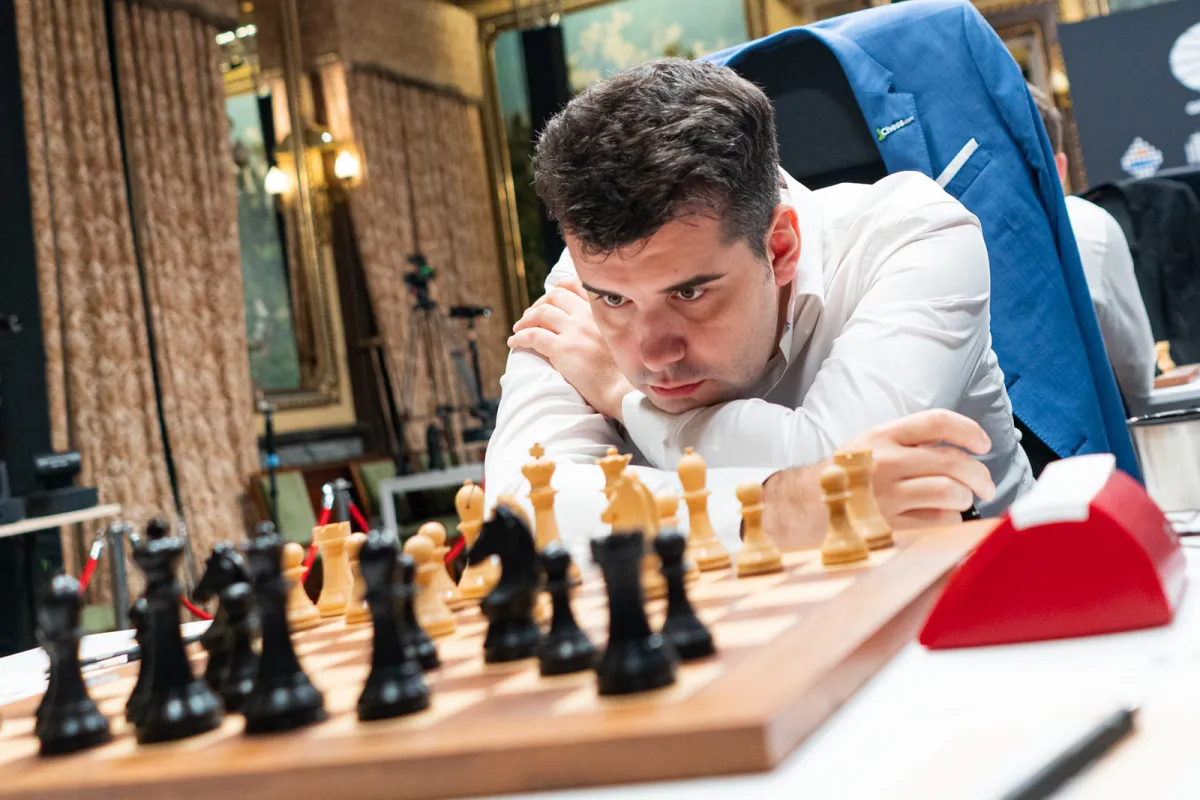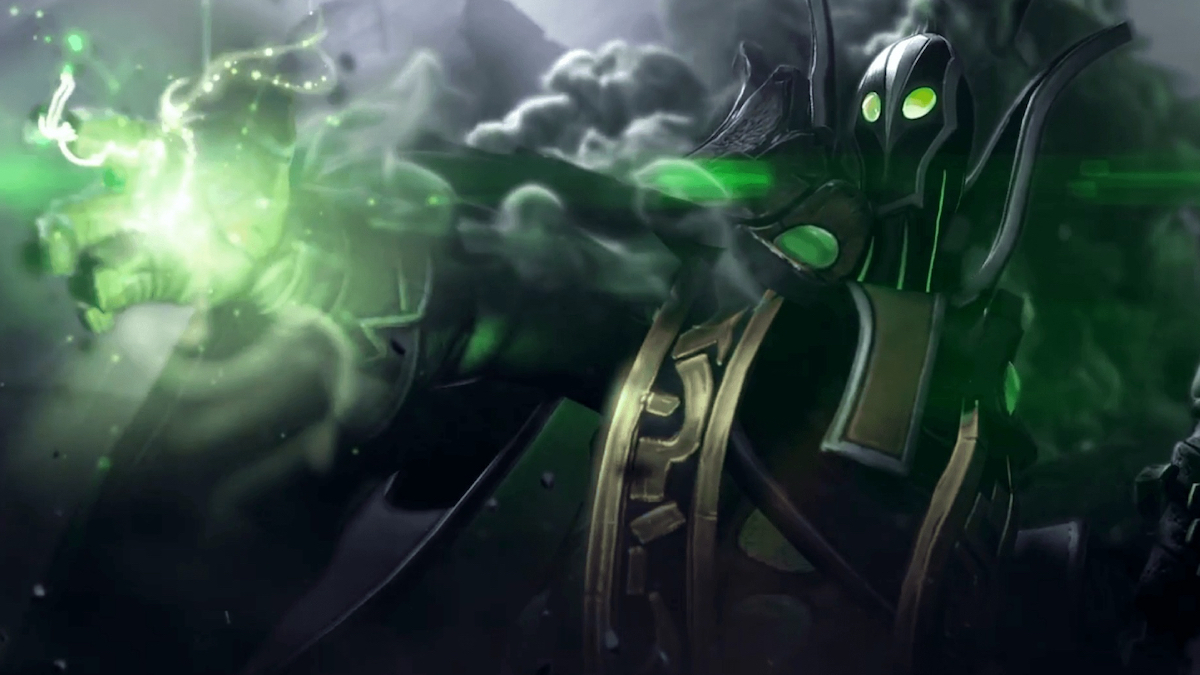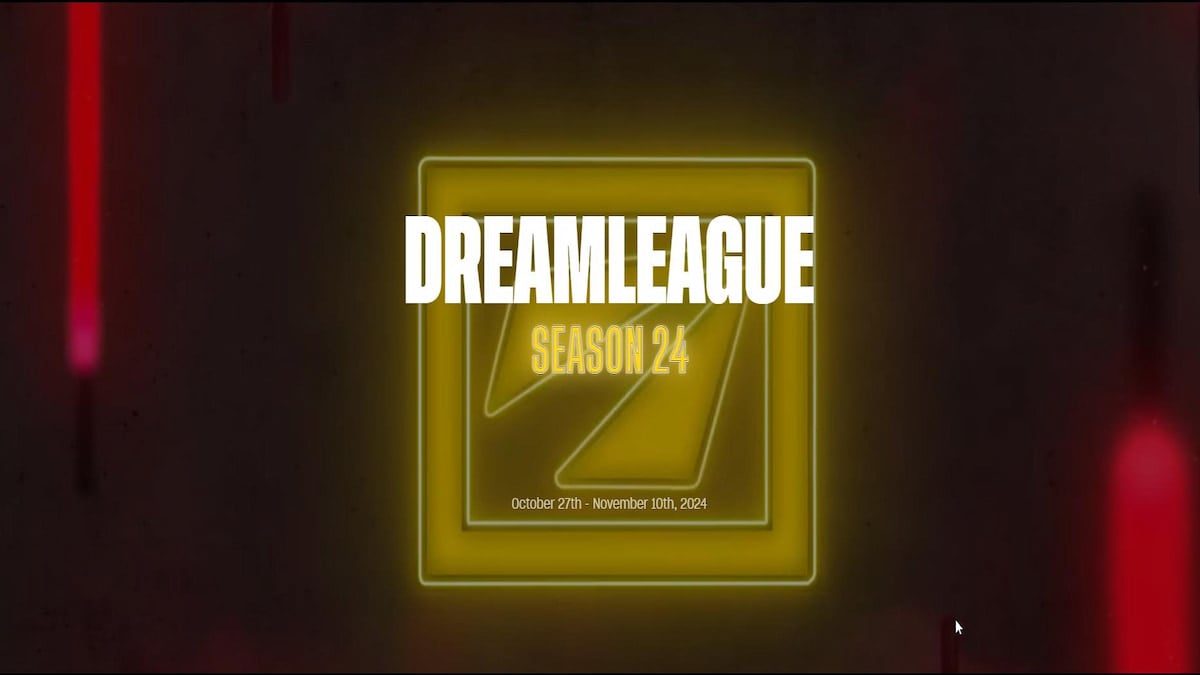Valve announced the discontinuation of the Dota Pro Circuit (DPC) today, marking 2023 as the final year of the series. This news left the Dota community in a state of uncertainty, with fans voicing a mixture of skepticism and hope for what lies ahead.
The decision, detailed in a recent blog post, comes as Valve acknowledges that while the DPC successfully brought transparency to invitation criteria for The International, it stifled the creativity and diversity of competitive Dota 2.
While Valve has not provided a concrete replacement for the DPC, fans are speculating that the ESL Pro Circuit could step up to the plate. The competitive Dota 2 calendar already saw a few ESL events this year that led up to Riyadh Masters, a $15 million prize pool tournament.
Before DPC’s monopoly, Dota 2 thrived on a vibrant ecosystem of independent tournaments. With DPC’s demise, Dota 2 may return to its roots, but even community figures like Murielle “Kips” Huisman aren’t fully sold on the idea just yet.
In the blog, the DPC was depicted as a road-block preventing more high-profile Dota 2 tournaments from materializing. Though it’s true that Dota 2 had more appealing tournaments with higher production values in 2014-2016, Valve was also more involved in the scene back then. According to Kips, Valve would also need to return to their old ways so the DPC’s successor can flourish.
The DPC was also criticized by Team Secret’s Clement “Puppey” Ivanov, who has been competing in the game even before the first International in 2011. Puppey expressed that he found the prolonged league format “pointless” for Dota 2 while positively looking at the era of the five-Major system, a format that allowed players, fans, and organizers to immerse themselves in Dota 2.
However, if Valve was to fully commit to bring a system resembling the mid 2010s of the Dota 2 scene, fans would also like to see crowdfunding return for independent tournaments. This model not only boosted prize pools but also fueled the sustainability of unique events that worked hard to introduce in-game content to the fans.
If Valve were to retain its current ways, the absence of a centralized league could lead to chaos in scheduling and a lack of stability, which may ultimately harm the professional scene. This might not have been the case if DPC operations ceased in 2022 when Valve started burning bridges, causing Beyond the Summit to not return as organizer for the next Dota Pro Circuit.







Published: Sep 14, 2023 05:37 pm